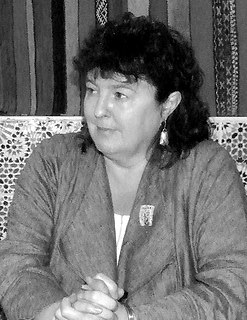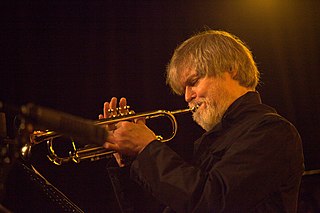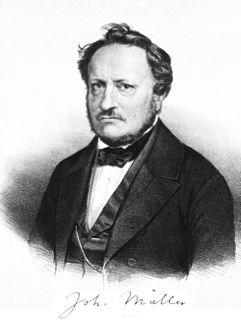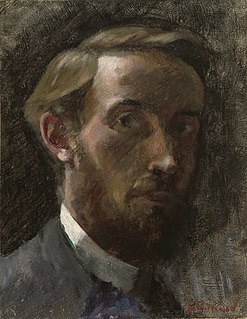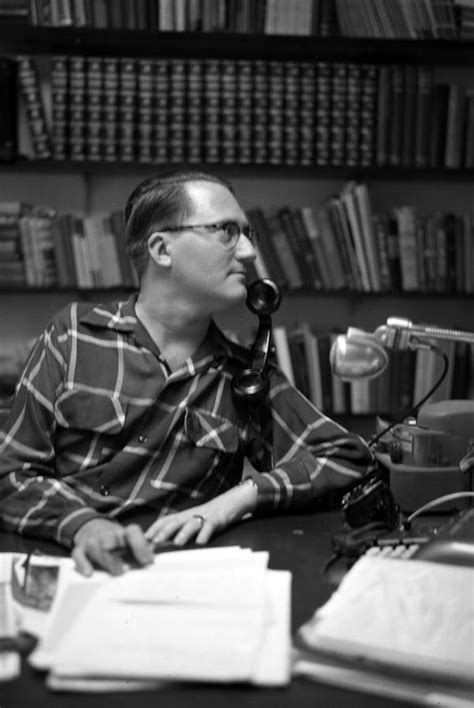A Quote by Anais Nin
We don't have a language for the senses. Feelings are images, sensations are like musical sounds.
Related Quotes
In the new alchemy, we have a similar kind of way of thinking. Our internal space includes our intuitions, our thoughts, our senses and our feelings, and from these we construct or build a picture of the outside world. From intuition and thought, we construct time. We also construct space from thought and our sensations. From our senses and our feelings, we experience energy, and from our intuitions and our feelings, we experience motion.
The Ultimate Rule ought to be: 'If it sounds GOOD to you, it's bitchin'; if it sounds BAD to YOU, it's shitty. The more your musical experience, the easier it is to define for yourself what you like and what you don't like. American radio listeners, raised on a diet of _____ (fill in the blank), have experienced a musical universe so small they cannot begin to know what they like.
Sound words can't be understood through formal study of the language alone. They're felt when you immerse yourself in the culture or lifestyle that becomes a part of you. The Japanese language is abundant with onomatopoeia. Even though I've lived in Japan a long time, sound words are still an uncertain territory. And I think new words are being created every day. Even when I don't know a word I can sometimes connect it to a meaning using the sensations produced by the sounds, which feels like I'm playing with words.
As you are aware, no perceptions obtained by the senses are merely sensations impressed on our nervous systems. A peculiar intellectual activity is required to pass from a nervous sensation to the conception of an external object, which the sensation has aroused. The sensations of our nerves of sense are mere symbols indicating certain external objects, and it is usually only after considerable practice that we acquire the power of drawing correct conclusions from our sensations respecting the corresponding objects.
Lots of people look for happiness through sensations, whether it's through sex, the taste of food, the sound of music, the sensations of movies and plays, creating a certain environment in their home, and so on. Looking for happiness through sensations keeps you constantly searching for the next "fix" and for more varied sensations. Sensations become addictions, and nothing is ever enough.


